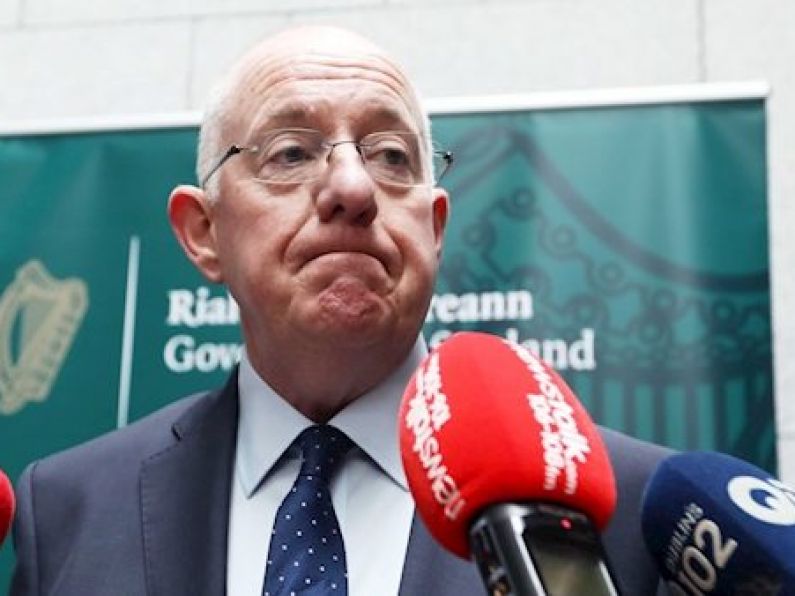Justice Minister Charlie Flanagan has said he is concerned at the “contents” of a report by the Inspector of Prisons into allegations of illegal surveillance of prison officers.
Prison inspector Patricia Gilheaney was ordered by Mr Flanagan to conduct an inquiry into a series of allegations made in an affidavit by Assistant Chief Officer David McDonald.
Details of the claims, revealed in the Irish Examiner last November, centre around the alleged illegal tracking of prison officers' cars and the monitoring of conversations.
These alleged actions are purported to have been part of an operation investigating suspected smuggling of drugs and mobile phones into prison.
There are also allegations that a private detective firm was given false identities in order to access a prison and install CCTV cameras with the footage viewed externally.
Mr McDonald also made a number of detailed claims around shortcomings on how deaths in custody were dealt with, but these were not included in the inspector’s report.
Ms Gilheaney's inquiry, conducted under Section 31 of the Prisons Act 2007, was tasked with examining “allegations of improper surveillance and other wrongdoing in prisons”.
The Irish Examiner understands that the inspector has also received, and investigated, claims from at least one other staff member in relation to similar allegations.
Speaking at the annual conference of the Prison Officers' Association in Sligo, Mr Flanagan said he had received the report.
“I've read a copy of it,” he told the media. “I'm concerned as to its contents.” He has forwarded it to the Attorney General for a legal review and said it was “under consideration” by that office.
“I would expect it back in the coming weeks and will give the matter further consideration at that point,” he said.
Asked would he publish it, or as much as legally possible, he said: “I will give it consideration. One of the reasons it's with the Attorney General is to prepare it for finality. I expect to give it early consideration as soon as it hits my desk.”
Under Section 31 of the 2007 Act, the Minister is obliged “as soon as practicable” to publish the report and lay it before the Oireachtas, except it certain broad situations.
These are if publication would be “prejudicial to the security of the prison or of the State”; if it would be “contrary to the public interest” or if it might “infringe the constitutional rights of any person”.
- The Irish Examiner reported last November that the whistleblower allegations involved:
- Tracking devices placed on several prison service vehicles and in the private cars of prison officers
- The drivers of the prison vehicles, and the prison officers whose private cars were tracked, were unaware of the surveillance
- Some of these devices remained in place over a long period and intelligence gathered was passed to gardaí
- Listening devices were put in the visitor area of one prison to gather information and, in some instances, these devices were in place when prisoners had conversations with their solicitors
- Personnel from the private detective agency were provided with false identities to enter the prison and install covert surveillance cameras and the images from the cameras were beamed to another location. The Department of Justice informed the Public Accounts Committee last February that the Irish Prison Service paid two private detective companies a total of €30,000 in 2011 and 2012.
But the secretary general of the department Aidan O’Driscoll said it was not possible from the information available “to determine if these payments relate to the surveillance of prison staff”.
He said a copy of the invoices had been forwarded to the Inspector of Prisons for her investigation.






